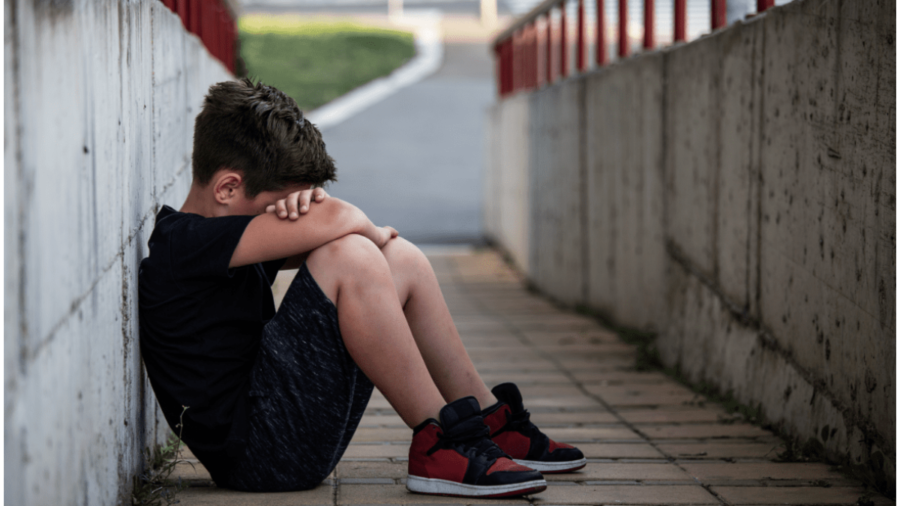Shrey is a 9-year-old boy who is in the fourth grade. He is a bright and kind child, but he has been struggling to handle bullies at school. The bullies call him names, make fun of him, and sometimes even push him around. Shrey has tried to ignore the bullies, but it hasn’t worked. He started to feel anxious about going to school. He has also tried to stand up to them, but that only made things worse. These incidents left Shrey feeling vulnerable, and socially isolated, significantly affecting his academic performance and overall well-being.
Shrey’s parents got concerned about the bullying problem. They talked to him about it, but he struggled to provide accurate information and express his feelings. They discussed it with the school administration many times but the incidents recur after a short lull. Though changing the school was an option but there was no guarantee that Shrey will not encounter bullies in the new place. His parents realize that it is important for Shrey to regain his confidence and learn to navigate through such situations without getting emotionally disturbed.
They decided to enroll him in a social-emotional learning program. The program taught children how to understand and manage their emotions, build positive relationships, and make responsible decisions.
Shrey had been participating in the social-emotional learning program for some time now. He has learned a lot about how to deal with bullies. He has learned how to stay calm, how to stand up for himself in a confident way, and how to get help from adults if he needs it.
Through these workshops, Shrey learned Emotional Regulation, Empathy and Perspectives, Managing Triggers, Communication Skills, and Building Self-Confidence.
Shrey is now much calmer and more confident. Though he is still being bullied, the instances have decreased significantly for him. He is not as scared or upset as he used to be so maybe he is not ‘fun’ for the bully kids. He is also starting to make new friends which has helped him feel better about himself.
Social-emotional learning is an important part of a child’s development. SEL programs can help children learn the skills they need to manage their emotions, build relationships, and make responsible decisions. These skills can help children to succeed in school, in their relationships, and life.
I strongly recommend that all schools offer SEL programs. SEL for schools can help children to develop the skills they need to be successful. These programs are extremely helpful in promoting the overall emotional well-being of children in school

